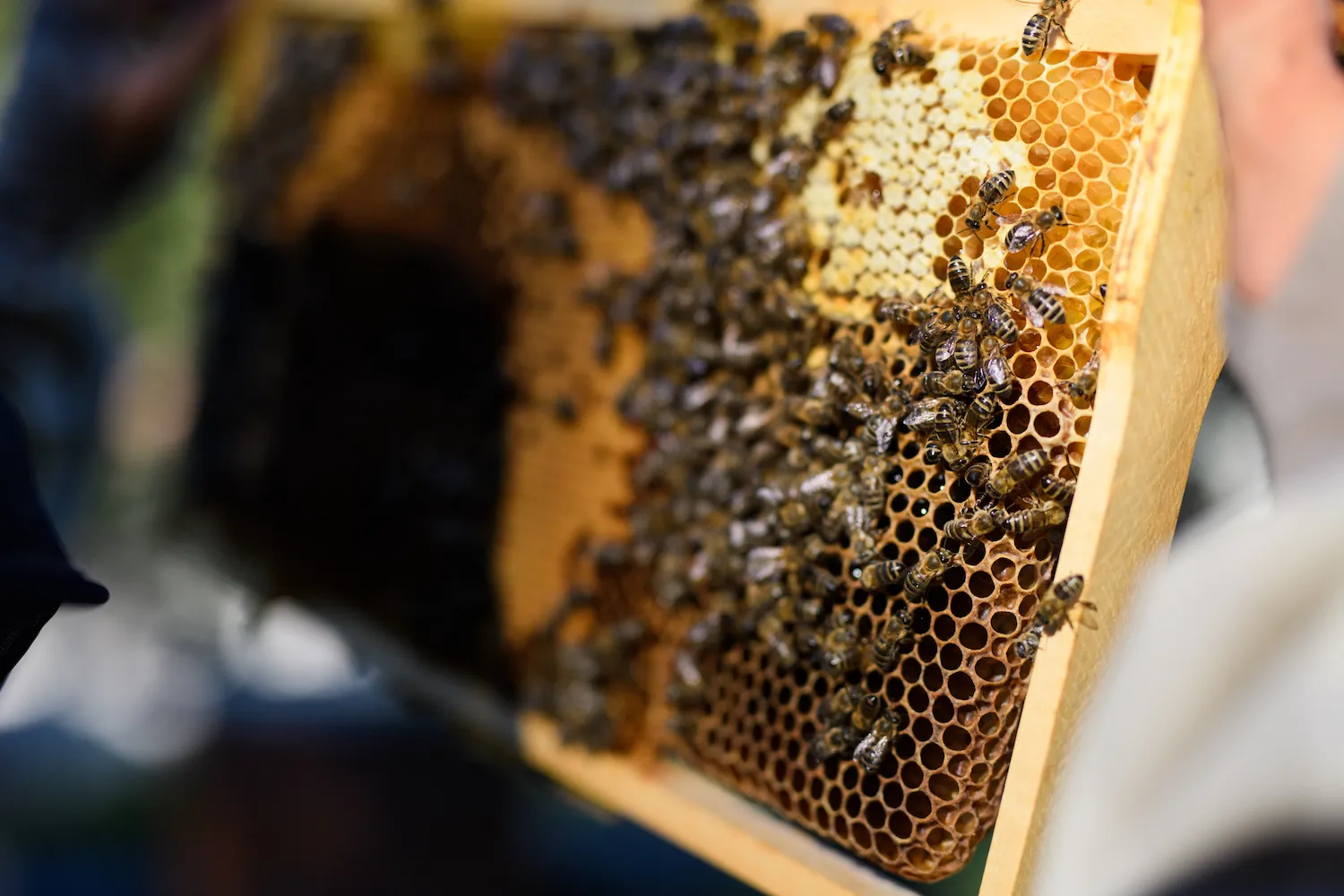Are you seeing a growing number of bees, wasps, or yellowjackets in or around your property in Wildomar? You likely have a hive or nest of these bright yellow pollinators somewhere on your property. You don’t need to worry, though. Bee Removal Pros can make it out to your home in Wildomar within the same day.
Our team offers skilled bee removal from your home and property, whether they are in your home’s walls or around your property’s landscaping. Removing pests with wings that sting is our specialty, and we have the tools and experience to do it right. Our expertise means the hive will be cleanly removed without further damage to the property.
Wasps are a bigger pain than bees. Wasps and hornets can sting you more than once without dying. This makes wasp nests on your property bigger issues than bee hives. Our team can deal with these infestations just as efficiently as we can deal with the wasp’s more docile counterpart.

Bees are an essential part of the ecosystem. These helpful little pollinators help bring fruit in the spring and spread flowers through pollinating. They also give us honey for sweet treats. Just because they sting to defend themselves doesn’t mean they should be killed outright. Luckily, our team helps you get them off your property without causing harm to the bees.
Our expert team offers live bee removal and ensures that the bees we remove from your property are treated with care. They won’t bother you anymore, but these endangered pollinators will continue to help give us the fruits and honey we love to eat. Your health and happiness in your home are important, and you don’t need to sacrifice it to make the bees happy.
Our professional team can keep the bees off your property once we remove them. We want to make sure that once they are gone, they stay gone. Any holes or gaps in your home’s walls are plugged so that they can’t sneak in. You can be sure that this infestation won’t return to your property.
Our team takes pride in being a green company; after all, these pollinators fill an essential place in the ecosystem. They pollinate beautiful flowers so they can spread. They also pollinate fruits and vegetables, all the while creating honey. We move the bees to local apiaries once we’ve performed our live removal. This way, these pollinators can continue to do what they do best while not interrupting you or anyone else’s peace. Get the best of both worlds!
Our team is known for our quick turnaround times. These kinds of infestations need fast solutions. If the beehive remains on your property for too long, then the likelihood of property damage increases. Bee Removal Pros is the best option for you and the bees, as we make sure they’re happy once we remove them and save your home from further damage. Contact our office today, and we’ll provide you with same-day service to your home in Wildomar!
When bees build their hive in tricky spots, like inside walls or tight spaces, it is vital to use specialized tools and techniques to safely access the hive without causing damage. If you manage to catch the swarm within the first couple of days, removing them is a more straightforward job. However, if the hive is more established, professionals need to perform a neutralization process to avoid wax moths or more bees moving in.
If you try to remove the bees on your own, you may not have the right tools or knowledge to ensure everyone’s safety. Bees can get defensive of their hive, and if they feel threatened, they may fight back. Not only that but doing this intense process on your own could lead to accidental damage to the landscaping or structure of your home. Without the tools, knowledge, or training of a professional, bee removal is too risky.
Preventing hives from entering your property is about dissuading swarms from thinking your yard is their best option. The best way to do this is by planting specific trees, bushes, or flowers in your yard. Plants like citronella and eucalyptus both have properties that help keep bees off your property. Citronella can mask many of the floral scents bees seek out, and these pollinators hate eucalyptus’ menthol-like smell.
